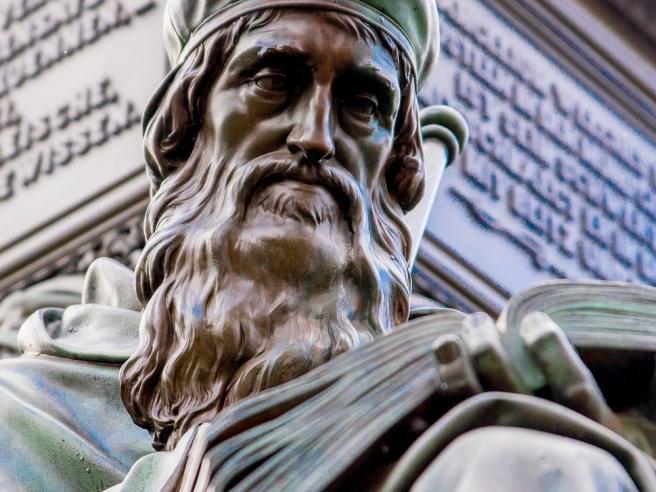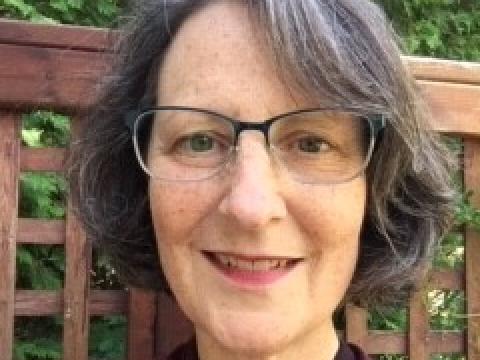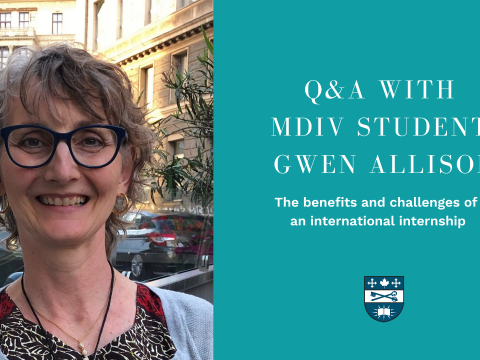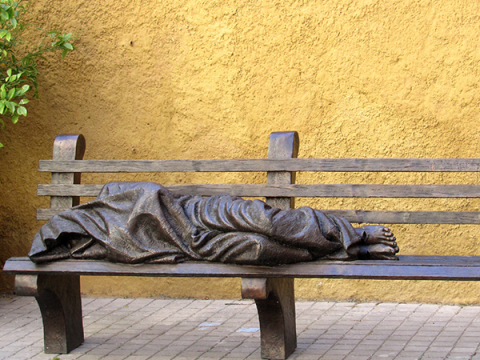Reformed House of Studies draws on the riches of the Reformed tradition
On October 31, Wycliffe College officially launches its Reformed House of Studies (RHS)—a theological and ministerial training initiative, housed within the College, which draws on the riches of the Reformed tradition to prepare students and maturing leaders for Christian ministry. Communications Director, Patricia Paddey posed a few questions to RHS Director Lyndon Jost, who graduated from Wycliffe with a PhD in May, 2022, to learn more.
Read more















